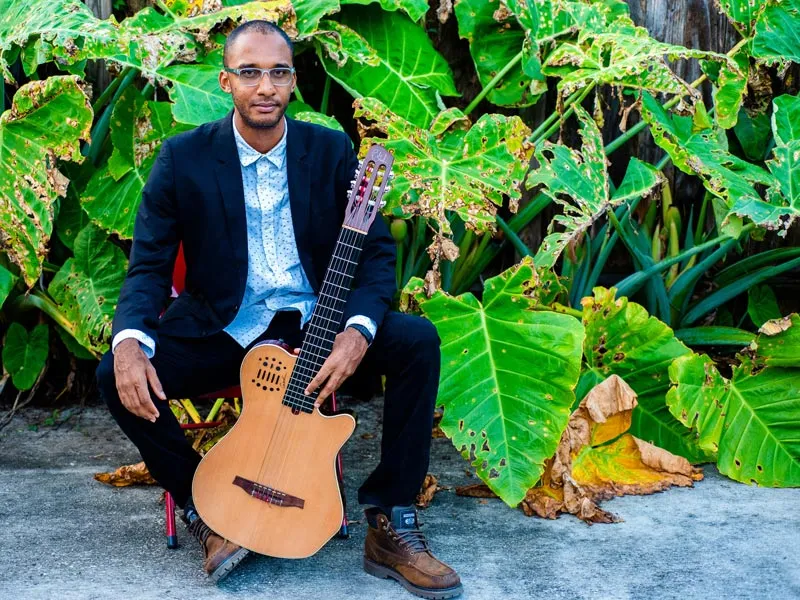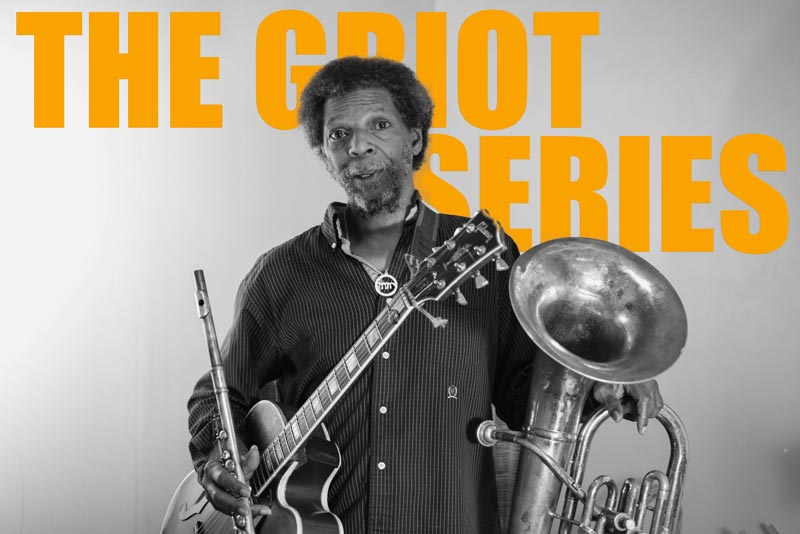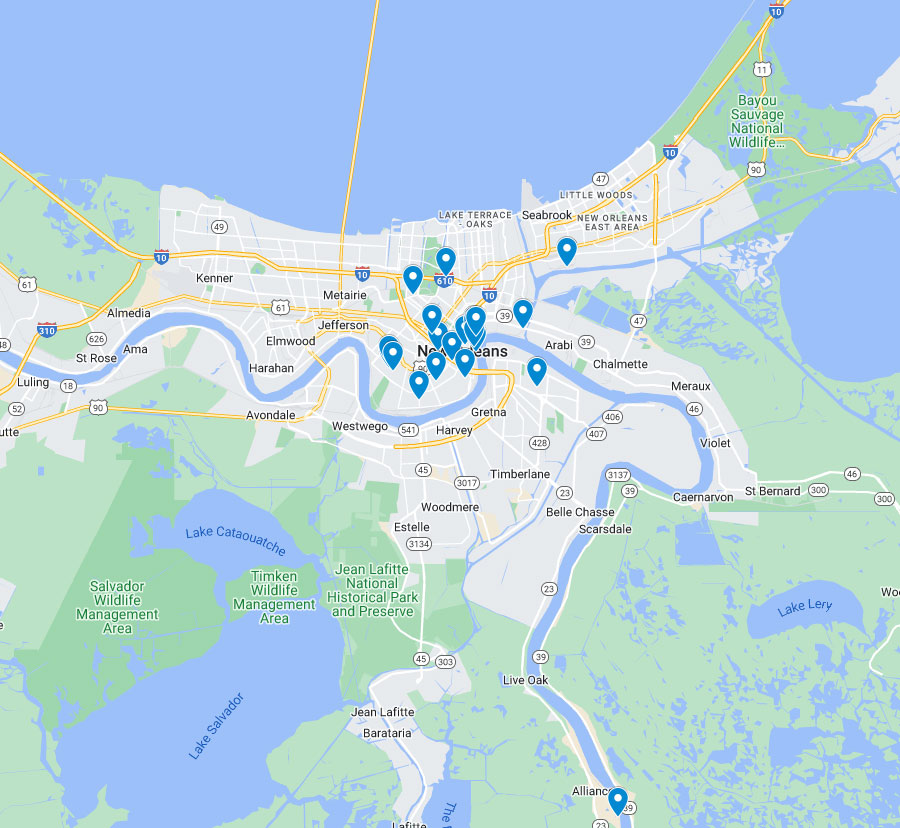
Biography
Geovane Santos, a native Brazilian from the city of Belo Horizonte currently living in New Orleans, is a guitarist, vocalist, composer, researcher, videographer, and educator. Santos’ creative work and scholarship explore the intersectionalities of race, transculturation, culture appropriation, and processes of narrative building in music.
Awarded the 2017 Louis Armstrong Foundation Jazz Composer Award through ASCAP in association with the University of New Orleans (UNO), Santos holds a M.A. in Jazz Studies from UNO and is now a second year PhD student in the Latin American Studies program at Tulane University where he is a community engaged scholar through a fellowship with the Mellon Foundation and a NOCGS & Monroe Fellow developing a multimedia project based on memory, heritage, equity, and cultural relevance.
Research
Today, Gulf South BIPOC cultural communities constantly resist erasure and whitewashing, combating structural racism, inequitable distribution of funds, tourism, climate change, and gentrification. The griot, a musician historian / storyteller / poet, plays an essential role of resistance in many Western African societies prominently responsible for the continuation of the cultural mythology of their people. The GRIOT Series is a multimedia project that explores heritage, equity and cultural relevance through storytelling. Its purpose is to uplift, reaffirm, and celebrate the musical legacy and wisdom of older Black New Orleans jazz musicians whose livelihood has been greatly affected by the commodification/gentrification of local music over the years.
The GRIOT Series consists of: #1) interviews with guest musicians; #2) a curated album; and finally, #3) a documentary that traces biographical histories and documents the album recording process. The documentary and album will give the musicians visibility to newer audiences and serve as a platform for them to speak their truth about their experiences with discrimination, pressures of Black performativity, competition and growing inequities since the onset of COVID-19.



